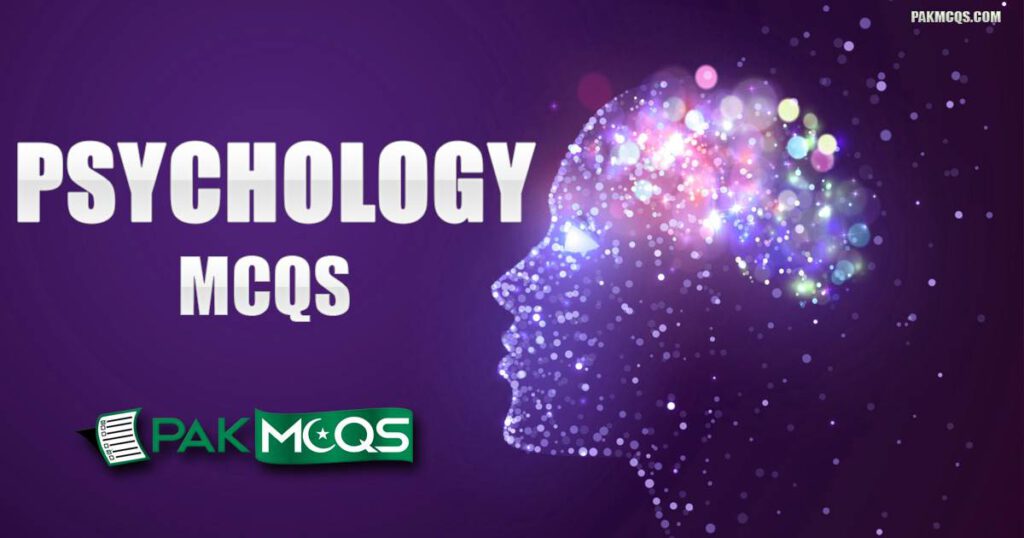A. Subliminal cells
B. Ganglion cells
C. Rods and cones
D. Bipolar cells
Psychology Mcqs
Psychology Mcqs for Preparation – These Multiple Choice Questions are important for Lecturer Psychology, Clinical psychologist, Counselling psychologist, Educational psychologist and Forensic psychologist Jobs tests. Psychology Mcqs questions are very important for all type of exams conducted by Fpsc, Nts, Kppsc, Ppsc, Spsc, Bpsc, Ots, Uts, Pts, Cts, Ats, etea and other testing agencies of Pakistan.
| PSYCHOLOGY MCQS | |||
|---|---|---|---|
| 1. Introduction to Psychology | 2. Emotions | ||
| 3. Therapy | 4. Memory | ||
| 5. Intelligence | 6. Infancy And Childhood | ||
| 7. Health Psychology | 8. Forensic Psychology | ||
| 9. Branches of Psychology | 10. Attitudes, Attributions And Social Cognition | ||
| 11. Adolescence And Adulthood | 12. Abnormal Psychology | ||
| 13. Social Psychology | 14. Sensation And Perception | ||
| 15. Research Methods | 16. Psychology Theories | ||
| 17. Psychological Disorders and their Treatment | 18. Personality | ||
| 19. Organizational Psychology | 20. Nervous System | ||
| 21. Motivation | 22. Methods and Approaches | ||
| 23. Methodology | 24. Major Thinkers in Psychology | ||
| 25. Learning | 26. Language And Thought | ||
| 27. Interpersonal Relations And Group Processes | 28. Industrial Psychology | ||
| 29. Educational Psychology | 30. Developmental Psychology | ||
| 31. Criminal Psychology | 32. Coordination | ||
| 33. Cognitive Psychology | 34. Biological Foundations of Behavior | ||
| 35. Miscellaneous Psychology | 36. | ||
A. Transduction
B. Sensory adaptation
C. Parallel processing
D. Accommodation
A. Inhibit action potentials from reaching the terminal buttons
B. Cause action potentials that were took weak to reach the terminal buttons
C. Fall below William’s absolute threshold for sound
D. Cause more inhibitory than excitatory synapses
A. Sensory completion
B. Closure
C. Figure-ground
D. Continuation
A. The fact that perceptions are often reconstructions of events
B. The low degree of accuracy of human psi phenomena
C. Perceptual closure operating in a real life situation
D. An “innocence of vision” in stressful situations
A. subtle differences is stimuli
B. bright stimuli
C. contrast or change in stimulation
D. subliminal stimuli
A. closure
B. continuation
C. similarity
D. nearness
A. cochlea
B. basilar membrane
C. ligaments and tendons
D. joints and muscles
A. convergence
B. accommodation
C. depth perspective
D. singularity
A. top-down processing
B. bottom-up processing
C. perceptual expectancies
D. illusions


